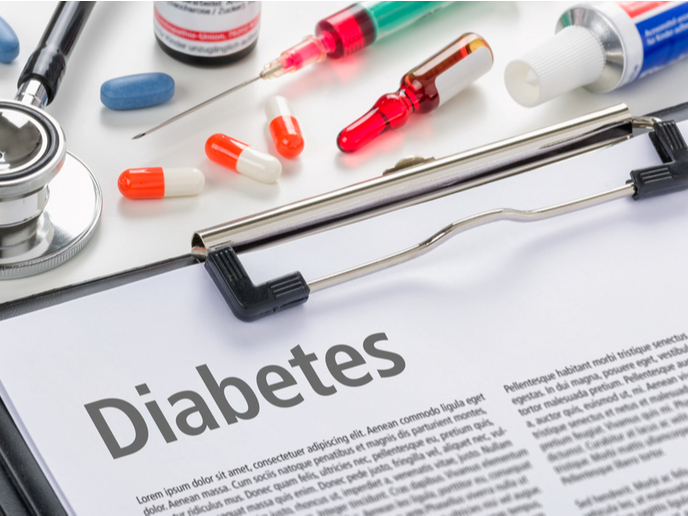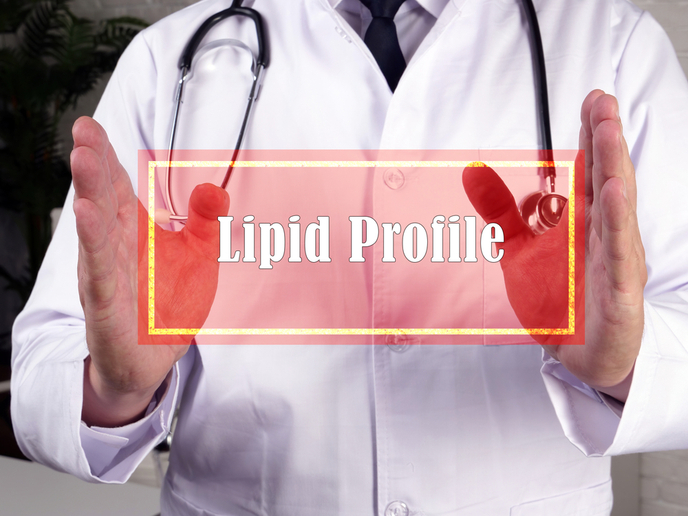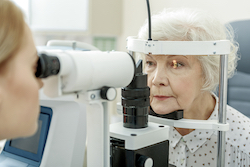Studying the role of iron in heart disease
Hereditary hemochromatosis is a chronic iron overload disorder where patients absorb too much iron that leads to increased levels of toxic non-transferrin-bound iron (NTBI) in plasma. This disorder is quite common in European countries with one tenth of the population being at risk of developing cerebral and cardiac atherosclerotic complications. With the aim of shedding more light on this disorder, the NUTRIENT_IRON_TOXICITY project focused on exploring the adverse effects of iron in hemochromatosis. One of the primary objectives was the specification of the mechanism of NTBI toxicity as well as its effects on the vascular endothelium causing arteriosclerosis, and on the liver. An important aspect of project work involved investigation on the relation of the dietary haem iron intake with coronary heart disease risk in a large population-based group of middle-aged women. The cohort involved women aged between 49-70 years at recruitment between 1993 and 1997. The study was completed in January 2000 with follow-up research that resulted in the documentation of 252 newly diagnosed cases of coronary heart disease. Data stratification included additional cardiovascular risk factors, menstrual periods, and antioxidant intake to investigate the possibility of effect modification. Having taken into account cardiovascular and nutritional risk factors, high dietary haem iron intake was found to be responsible for a 65% increase in coronary heart disease risk. The data showed that middle-aged women with a relatively high haem iron intake are susceptible to the presentation of symptoms of coronary heart disease. Therefore, there is a significant need for middle-aged women to follow an appropriate diet and lifestyle to prevent this.







